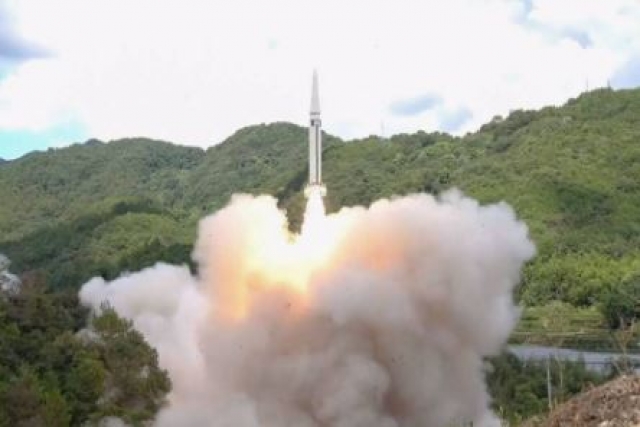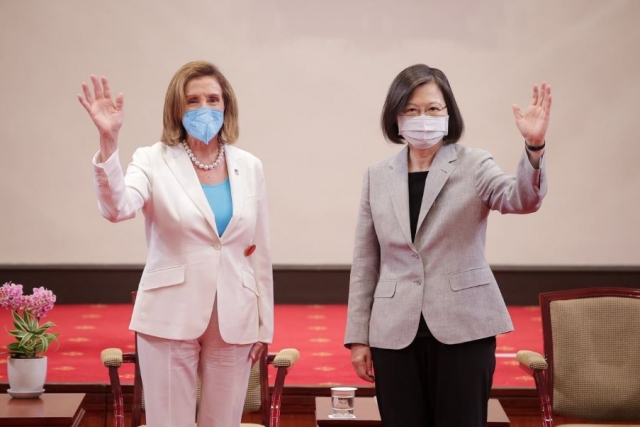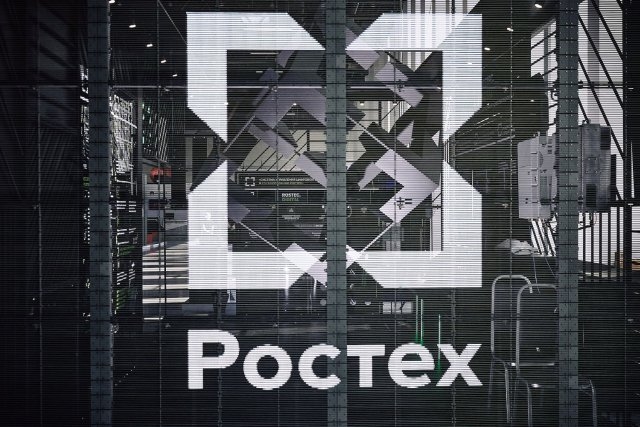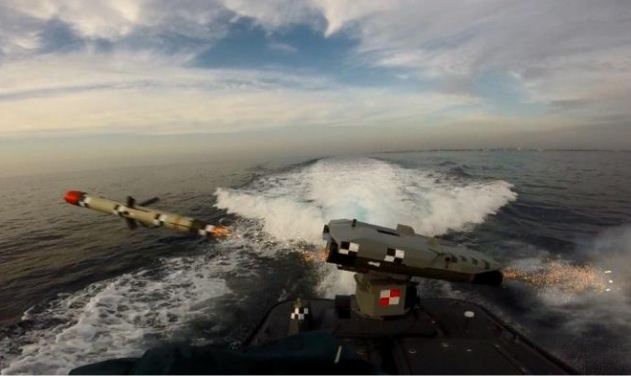China May Block Export of Semiconductor Raw Materials to Taiwan

China could ban the export of raw materials for chipmaking to Taiwan as the tensions between these two countries reach new heights amid protracted global semiconductor shortage.
The Federation of Thai Industries (FTI), which threw light upon the possibility, fears it would lead to an increase in the prices of cars including those of electric vehicles (EVs), and affect their delivery schedule.
As of 2019, the automotive industry in Thailand is the largest in Southeast Asia and the 10th largest in the world. The Thai industry has an annual output of more than two million vehicles (passenger cars and pickup trucks), more than countries such as Belgium, Canada, the United Kingdom, Italy, Czech Republic and Turkey.
“If the China-Taiwan relationship escalates and Beijing decides not to export silica sand, which is needed for chipmaking, to Taiwan, the semiconductor shortage will worsen,” Surapong Paisitpatanapong, vice-chairman and spokesman for the FTI's automotive club was quoted as saying by the Bangkok Post.
Silica sand imported from China by Taiwan Semiconductor Manufacturing Co (TSMC) accounts for 90% of total silica sand used by the company. TSMC is said to be the world’s largest contract semiconductor maker.
"TSMC supplies chips to many industries, including the automotive industry. If its production is disrupted, the ongoing [semiconductor] shortage will get worse," said Surapong.
The FTI said it cannot predict how long the semiconductor shortage will last. The problem already caused car manufacturers in Thailand to change car production and delivery plans.
Some global car makers in Thailand have raise the prices of oil-powered car models. Surapong said the FTI is expecting the companies to increase prices of EVs next year.
The price rise will affect car sales in the domestic market, but it will boost sales of used cars, he explained.













